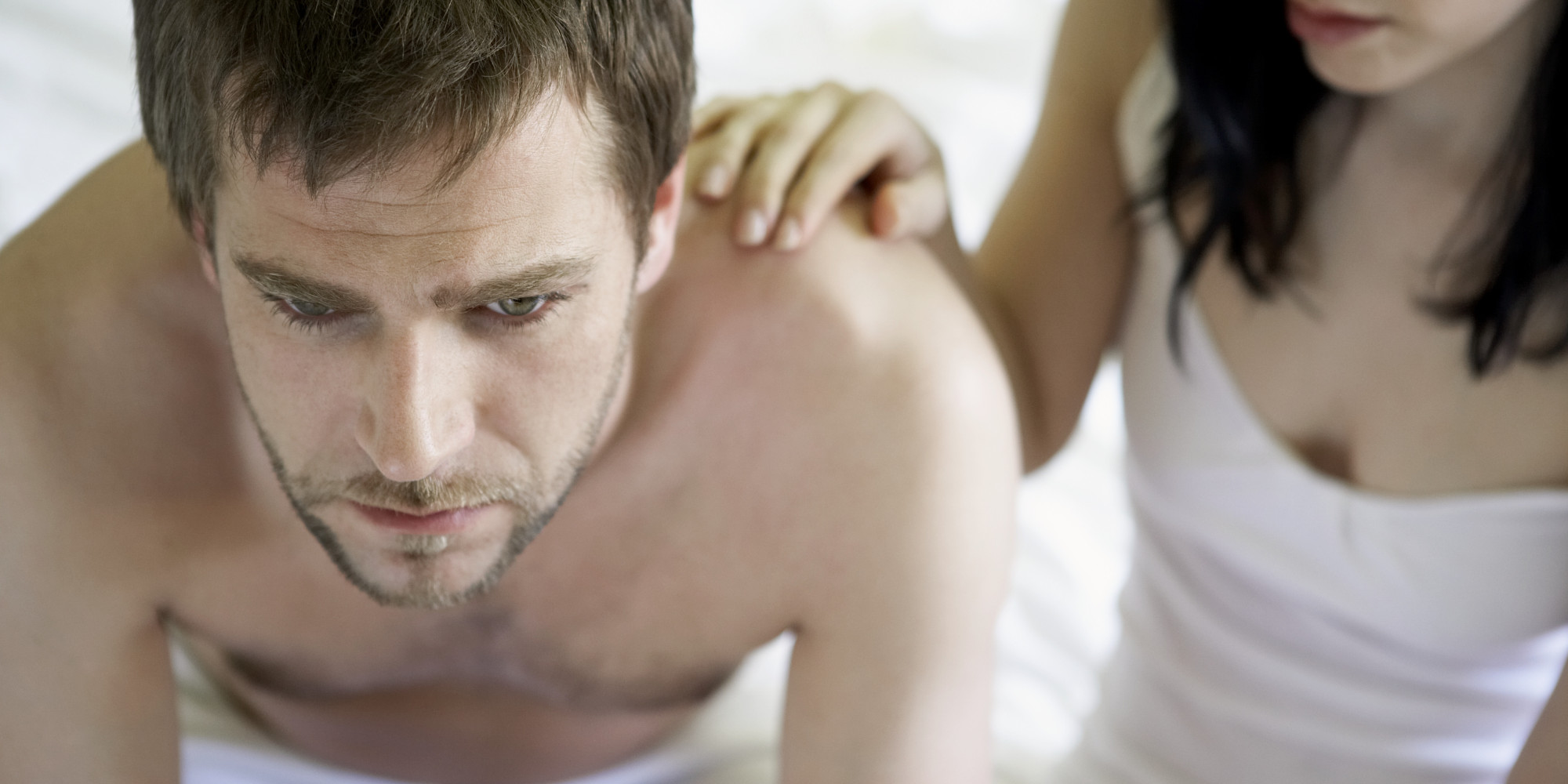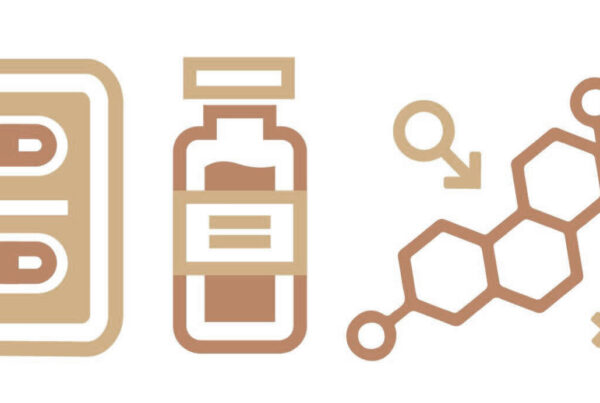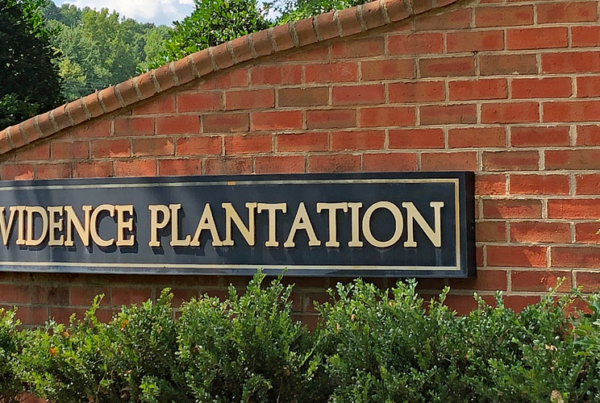So, why does the sex drive, or libido, of some men decrease with age? Although age may play a role, most men continue to have a vigorous sex life even as they get older. Like almost all traits of humans, the sex drive varies. Most men’s sex drive would be considered to be in the “normal” range, when age, health, and opportunity are taken into consideration. Sex drive not only varies from person to person, but for most people, sex drive waxes and wanes depending on issues with health, family and job obligations, and other factors. The sex drive may be so high that one is extraordinarily driven toward addiction- like sexual behavior, while at the other end of the spectrum are those whose interest in sex is almost non-existent. This condition is known as hypoactive sexual desire disorder, or HSSD. Sexual desire, like most things, can be measured on a curve. There will always be men on both sides of the “normal” curve, and up to twenty-five percent will be considered to have HSSD for a variety of reasons. These include psychological issues such as stress and anxiety that stem from daily life, relationship and family issues, depression, and mental disorders. Medical problems can also be the cause of HSSD: diabetes and other diseases, conditions such as high blood pressure and obesity, and some medications. Hormonal issues may also be the culprit. Testosterone is known as the “hormone of desire” for both men and women; low testosterone levels usually lead to a lack of sexual desire. Hormone levels decrease with age, and also decrease due to factors such as chronic disease, medications, and other drug use. There are other hormones that play a role in sexual desire, such asthyroid and prolactin.
For most people a consistently low sex drive is indicative of a problem. The lack of sex drive (also known as a lack of libido) is more common in women than in men, for whom it is relatively rare. Even for those men who have difficulty maintaining an erection (erectile dysfunction), there is a normal, or even high, sex drive. However, some men do find that their interest in sex diminishes as they get older. Much more rarely, a very few have never experienced any sexual desire in their lives.
Seven Symptoms of Low Libido
- Touching takes place only on the bedroom
- Sex does not make you feel connected
- One of you is always the initiator and one feels pressured
- You no longer look forward to sex
- Sex is mechanical and seems routine
- You rarely have sexual thoughts or fantasies about your spouse
- You have sex, at most, once or twice a month
The 21st century has seen the emergence of many clinics that can treat low libido in males. Finding the right one, which includes doctors experienced in treating sexual issues, is the challenge.
How common is lack of libido in men?
- Lack of libido in men is far less common than erectile dysfunction – with which it should not be confused.
- Most men with lack of libido can achieve erections but cannot sustain them for a long period of time; many have also lost the desire to have sex.
What should a man do about lack of libido?
Begin by seeing by a practice experienced in both men’s health and sexual health issues. Ask for a physical check-up, and also for any blood tests which the doctor thinks are necessary, such as a blood count or thyroid tests.
Are there any medicines for low sexual desire?
At the moment there are no medicines available that will increase male libido except for patients with a testosterone deficiency, in which case it is worth prescribing this hormone. While there are drugs that treat erectile dysfunction, such as Cialis, Levitra, and Viagra, they have no effect on desire.





